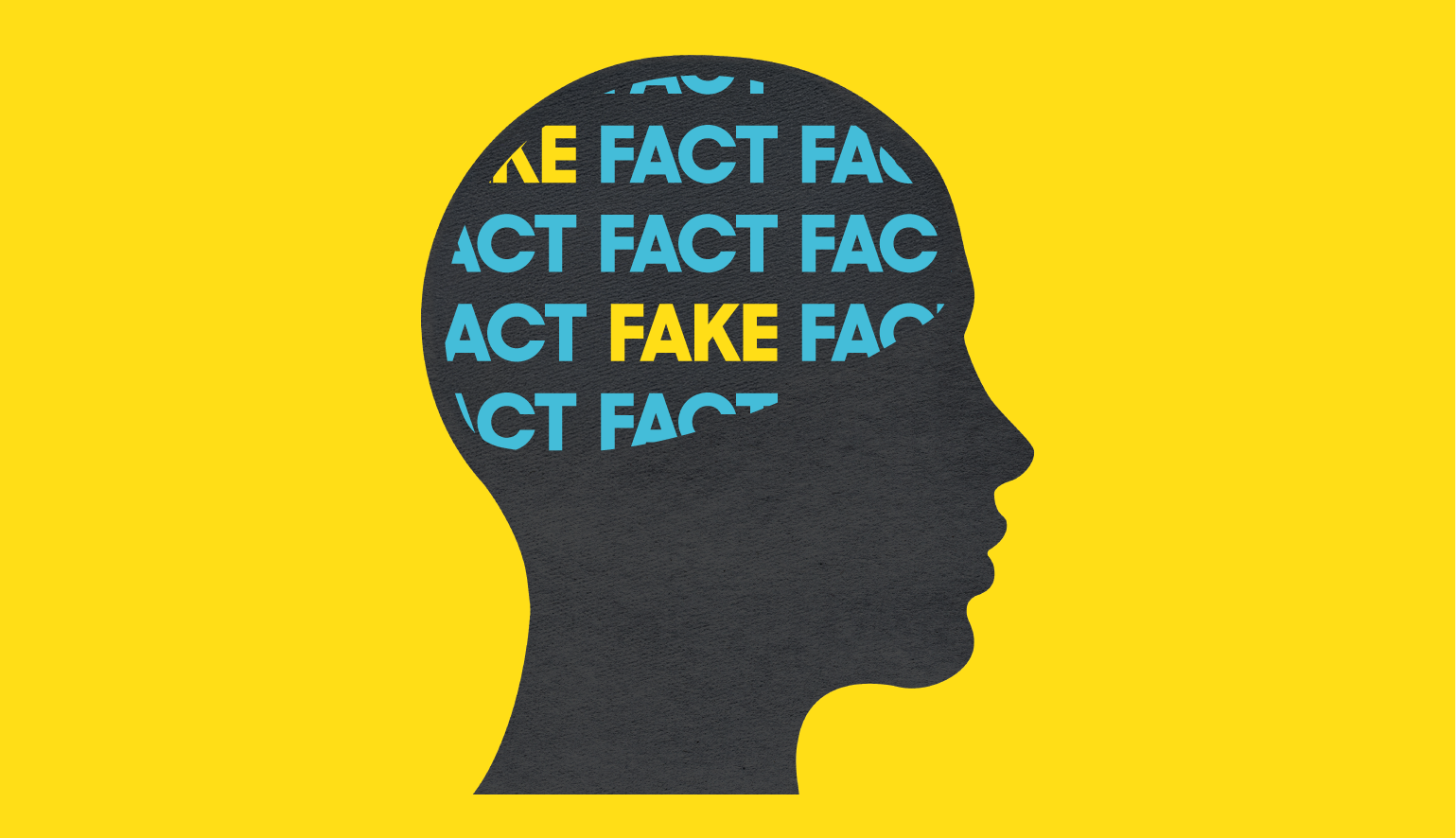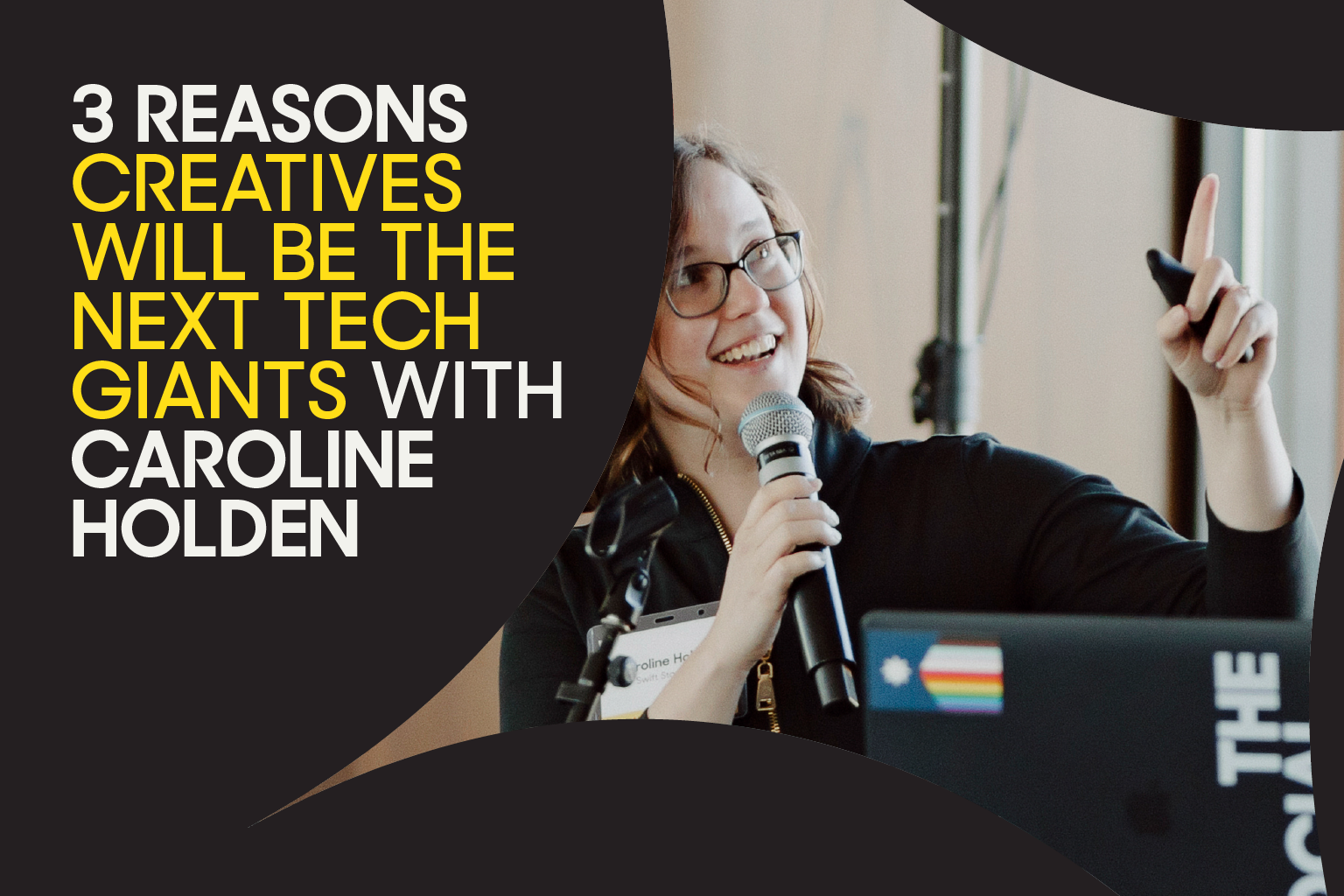Last week, Meta announced it’s scrapping its long-touted third-party fact-checking (3PFC) program in favor of a “Community Notes” style system. At first glance, this might sound shocking. But if we trace the evolution of platform moderation since 2016, the bigger question becomes: Was 3PFC actually preventing misinformation in the first place?
A Response That Fell Short
Meta’s 3PFC effort began as a knee-jerk reaction to widespread election misinformation nearly a decade ago. The original goal? Stop false news at the source. But fast-forward to today, and misinformation remains rampant. The broader social media landscape—where we’re siloed in personalized feeds—means even the best external fact-checkers struggled to break through echo chambers. It’s no coincidence that we’re seeing more user-led moderation systems, or “hive mind” solutions, popping up. Platforms want content policing to look grassroots, even if it isn’t always as impartial as hoped.
The Twitter (X) Parallel
If Meta’s approach feels like déjà vu, it’s because Twitter (now “X”) went through a similar process. In late 2022, Twitter disbanded its Trust and Safety Council, reinstated suspended accounts, and quickly saw hate speech levels spike, as measured by groups like the Anti-Defamation League. By April 2023, Twitter dissolved its blue check program, leading to further confusion over legitimate sources. Meta’s pivot could be read as a delayed echo—big tech’s overall shift from formal oversight to user-driven solutions, even if that shift sparks concerns about hate speech and brand safety.
More Than Misinformation
Fact-checking isn’t just about stamping out false headlines. It often helps curb harmful narratives tied to hate speech—a major issue that, left unchecked, can flourish on freewheeling platforms. Without a structured fact-checking program, will hateful or extreme content find more traction? That remains to be seen, but the precedent set by X’s changes raises red flags for many marketers and brand stewards.
How To Navigate This Conversation As A Brand
For brands, the move begs a pressing question: How do you protect your reputation when platforms keep flipping their moderation playbooks?
We see this as a moment for marketers to step up and own their content integrity. While platforms may pivot toward user-driven “facts,” brands can be proactive about sourcing reputable information, establishing internal best practices, and creating community guidelines that go beyond a platform’s shifting rules. Yes, a hive mind can bolster real-time corrections, but it doesn’t replace thoughtful brand strategy and responsible storytelling.
In an era of policy teardowns and community-managed moderation, the true differentiator might just be a brand’s commitment to clarity, credibility, and compassion—regardless of which way the platform winds are blowing.
- Stay Transparent: Whenever you share data or make claims, cite your sources. Being upfront about where information comes from builds audience trust and sets clear expectations.
- Engage Responsibly: Make it a habit to respond to comments with empathy—address concerns, clarify misunderstandings, and correct misinformation calmly. This shows both credibility and compassion.
- Craft Consistent Guidelines: Set brand-wide standards for tone and content across social channels. This ensures your messaging remains trustworthy, empathetic, and aligned with your core values—even if platform policies shift.
In a world where it can feel like everything is changing, it’s important to remember what hasn’t changed. Put simply, a brand is a promise. And no matter which platform policy – or platform in its entirety – goes away, your consumer is your community and what they want to know is that the brand they believe in is keeping its promise with their hard-earned dollar.




